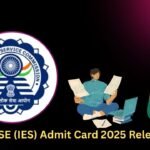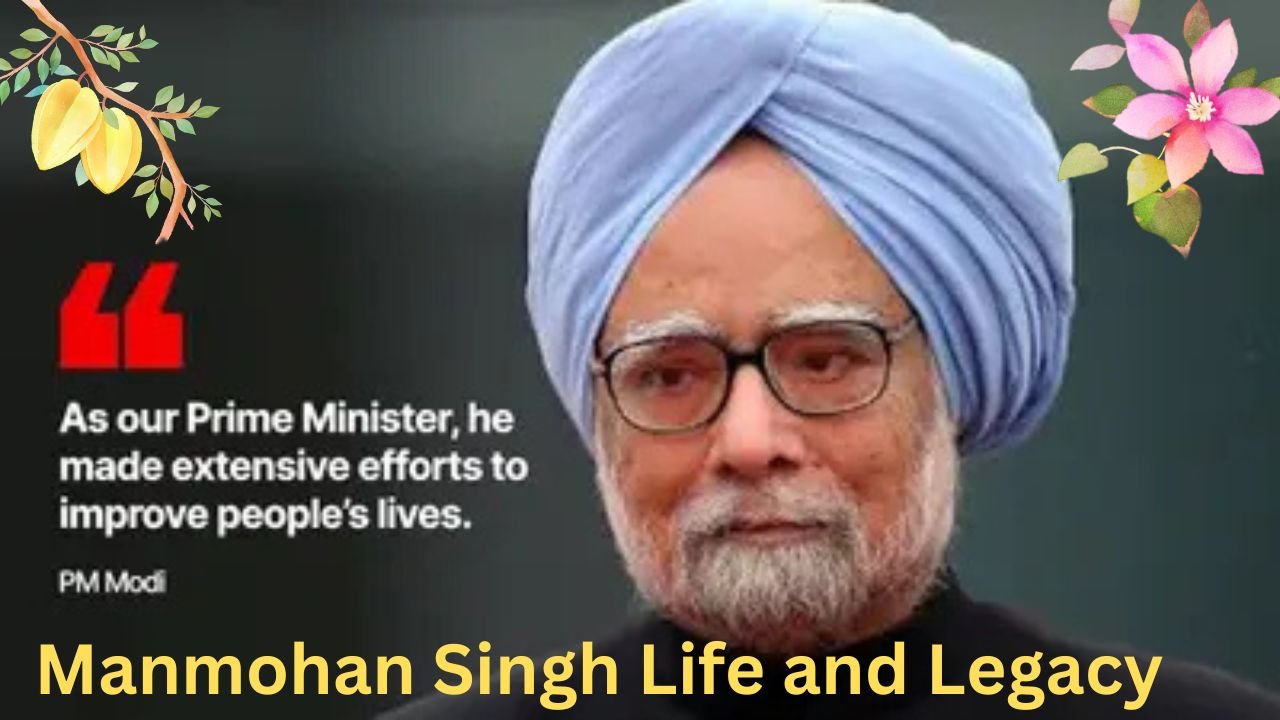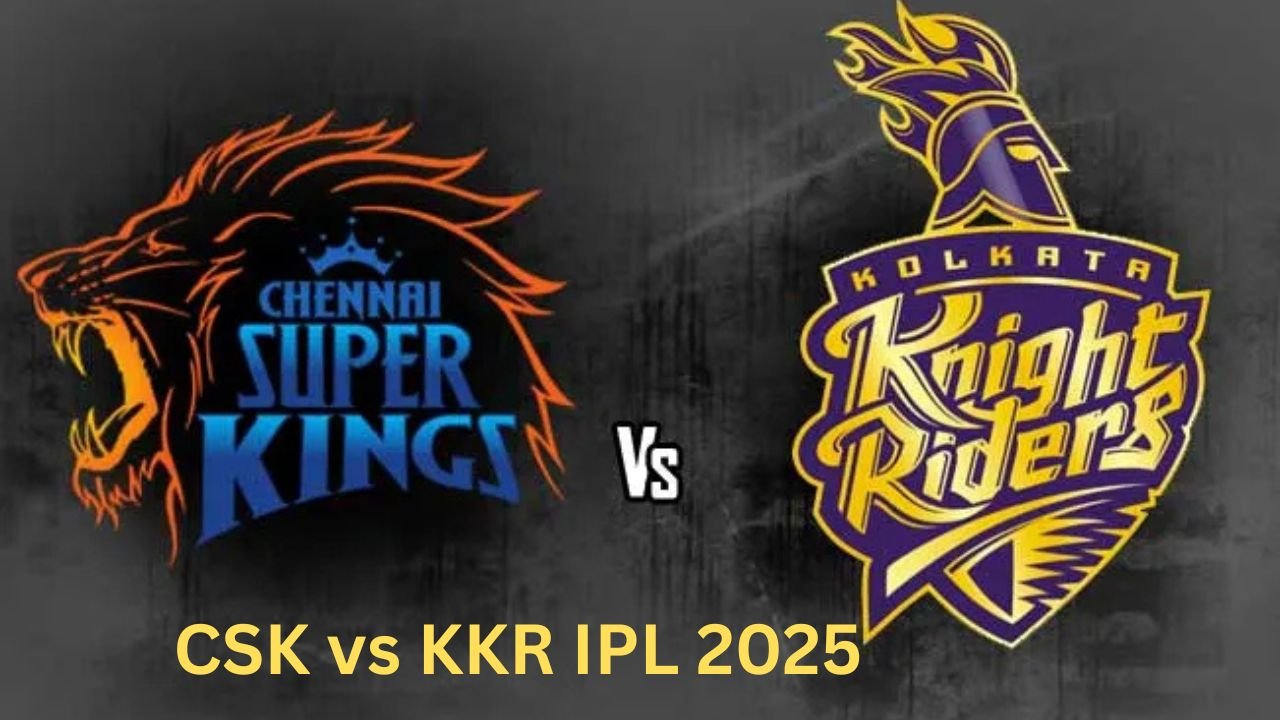Early Life and Education
Manmohan Singh: Manmohan Singh was born on September 26, 1932, in Gah, a small village in Punjab (now in Pakistan). His family migrated to India during the partition of 1947, leaving behind their home and belongings. Singh excelled academically from an early age, a trait that would define much of his life. He attended Punjab University in Chandigarh, where he graduated with a bachelor’s degree in economics. His thirst for knowledge led him to Cambridge University, where he earned a first-class honours degree in economics in 1957. Singh later pursued a DPhil in economics from the University of Oxford, further cementing his reputation as a brilliant economist.
Manmohan Singh Early Professional Life
Singh started out as a teacher at Punjab University before moving on to the Delhi School of Economics. In 1966, he was appointed to the United Nations Conference on Trade and Development (UNCTAD) due to his proficiency in economics. Singh’s move from academics to public service began when he served as an advisor for the Indian Ministry of Foreign Trade. Singh had become a significant player in determining India’s economic policy by the 1970s.
Manmohan Singh Political Career
Manmohan Singh’s entry into politics came through his appointment as the Governor of the Reserve Bank of India in 1982, where he played a crucial role in stabilizing India’s monetary policies. His political journey took a decisive turn in 1991 when then-Prime Minister P.V. Narasimha Rao appointed him as India’s Finance Minister. Despite being an apolitical figure initially, Singh’s profound understanding of economics quickly made him an indispensable part of India’s political landscape.
Finance Minister
Manmohan Singh, who served as Finance Minister, is recognized for having started the economic reforms that revolutionized the Indian economy. Singh implemented economic liberalization policies, such as lowering import duties, deregulating markets, and promoting foreign investment, during a period when India was experiencing a serious balance-of-payments crisis. With the famous quote, “No power on earth can stop an idea whose time has come,” he laid out a new course for India in his historic 1991 budget speech. A period of unparalleled expansion was brought about by the reforms, which put a stop to decades of economic stagnation.
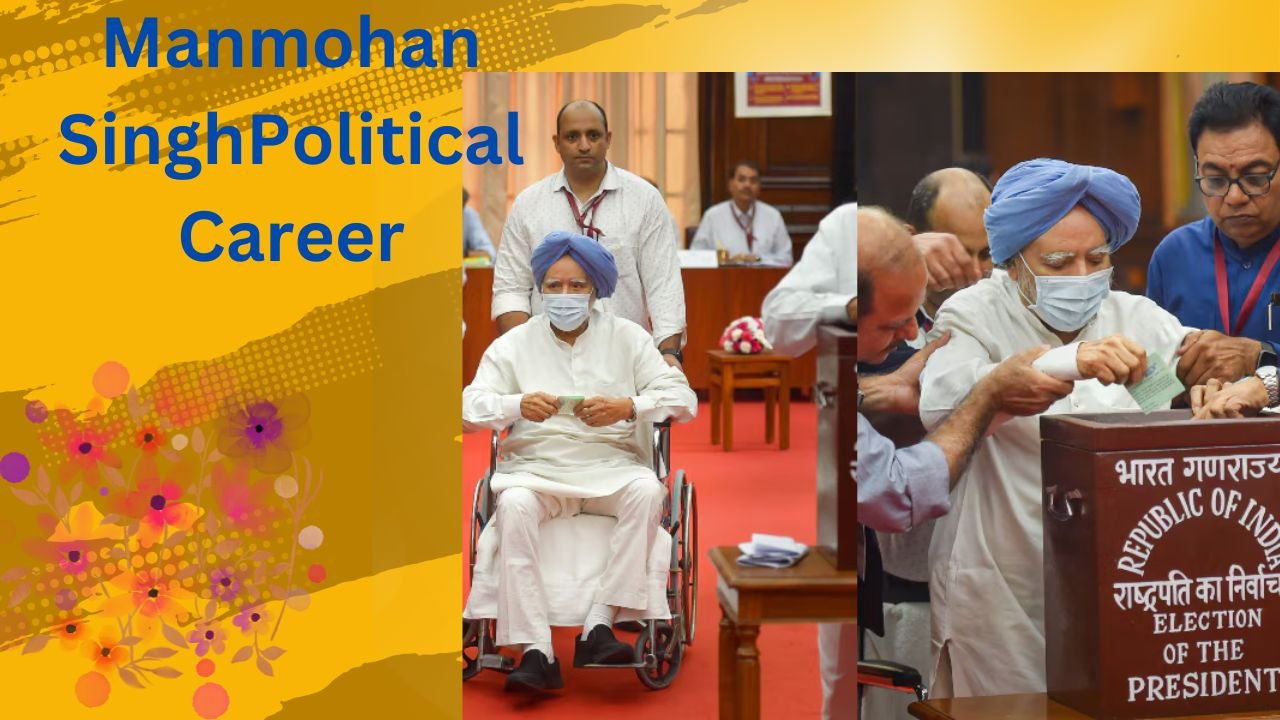
Rajya Sabha Opposition Leader
Singh’s political role continued to change when he was appointed Finance Minister. He remained critical of the prevailing government while being dignified while serving as the Rajya Sabha’s Leader of the Opposition from 1998 to 2004. He gained respect from people of all parties since he continued to concentrate on governance and policy rather than political politics.
The Prime Minister
In 2004, Manmohan Singh led the United Progressive Alliance (UPA) government and was appointed India’s thirteenth prime minister. He was the first Sikh to occupy the role and the first prime minister to be re-elected after serving a full five-year term since Jawaharlal Nehru. His term was characterized by a range of noteworthy accomplishments and disputes, illustrating the difficulties of leading a diverse nation
Economic Policy Manmohan Singh
Under Singh’s leadership, India witnessed robust economic growth, averaging around 8% annually during his first term. He emphasized infrastructure development, introduced policies to boost the information technology sector, and expanded India’s manufacturing capabilities. Singh’s government also focused on poverty alleviation, launching programs such as the Mahatma Gandhi National Rural Employment Guarantee Act (MGNREGA), which provided a safety net for millions of rural workers.
Healthcare and Education
Singh’s government made significant strides in improving access to healthcare and education. The National Rural Health Mission aimed to strengthen healthcare delivery systems in rural areas. In education, the Right to Education Act was enacted, ensuring free and compulsory education for children aged 6 to 14. Initiatives like the Sarva Shiksha Abhiyan and Mid-Day Meal Scheme were expanded, contributing to increased school enrollment and reduced dropout rates.
Home Affairs and Security
Internal security issues, including as the 2008 Mumbai terror attacks, occurred under Singh’s administration. In response, his administration established the National Investigation Agency (NIA) and bolstered counterterrorism efforts. Singh was criticized at home for his handling of problems like the Naxalite rebellion, but he persisted in believing that development and communication were the answers.
Notable Laws
The Right to Information Act, one of the historic laws passed by Manmohan Singh’s administration, gave people the ability to demand openness from the government. While the Forest Rights Act gave indigenous tribes land rights, the Food Security Act sought to guarantee food for populations that were at risk. Singh’s idea of inclusive growth was mirrored in these statutes.
Foreign Policy
Singh’s approach to foreign policy was marked by pragmatism and diplomacy. He worked to strengthen India’s relations with the United States, culminating in the historic India-U.S. Civil Nuclear Agreement. Singh also focused on improving ties with neighboring countries, particularly Pakistan and China, though these efforts were often met with mixed results due to geopolitical complexities.
Second Term: 2009–2014
Singh’s second term as Prime Minister was more tumultuous. While the economy initially continued to grow, it later faced challenges such as high inflation, a depreciating rupee, and slowing growth. His government was marred by corruption scandals, including the 2G spectrum allocation case and the Commonwealth Games scam, which tarnished his image. Despite these setbacks, Singh remained focused on governance, leaving behind a mixed legacy.
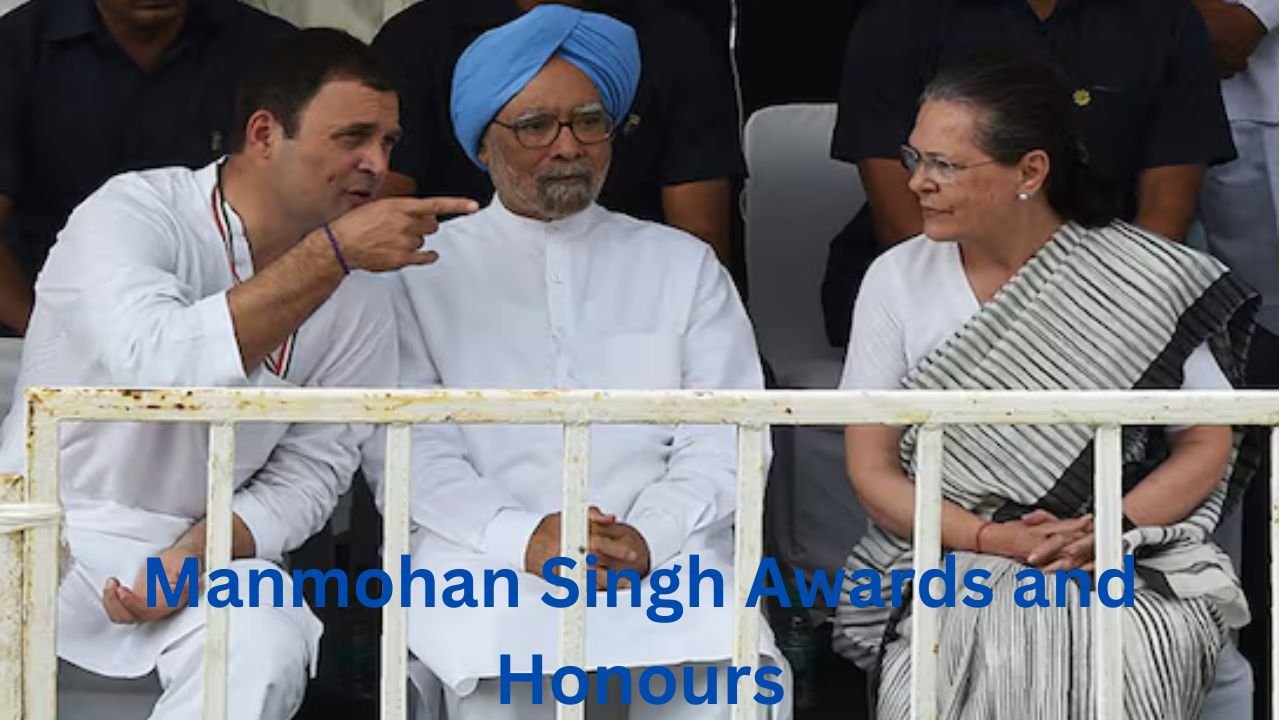
Post-Premiership (2014–2024)
After stepping down as Prime Minister in 2014, Singh maintained a low profile, occasionally speaking out on critical issues. He continued to serve as a member of the Rajya Sabha, providing valuable insights on economic and policy matters. Singh’s speeches and writings during this period emphasized the importance of secularism, economic reform, and democratic values.
Public Image
Manmohan Singh was often described as a “silent” politician, letting his actions speak louder than his words. While critics accused him of being overly reticent and dependent on the Congress Party’s leadership, his supporters admired his humility, integrity, and intellect. Singh’s reserved demeanor earned him both respect and criticism, but few questioned his commitment to India’s progress.
Personal and Family Life
In 1958, Manmohan Singh wed Gursharan Kaur, and the two have three children together. The Singh family is well-known for leading a modest life and has avoided the spotlight. Singh’s ideals of humility and dedication, which have won him many admirers, are evident in his personal life.
Death and Illness
Manmohan Singh had several operations and hospital stays in his final years due to health issues. He continued to be involved in public life in spite of these problems, adding to conversations on both domestic and international matters. With accolades flowing in from all over the world, recognizing his enormous achievements to India and the world community, his demise in 2024 signaled the end of an era.
Awards and Honours
Manmohan Singh received numerous accolades throughout his career, including the Padma Vibhushan, India’s second-highest civilian award, in 1987. He was also honored with international recognitions, such as honorary doctorates from prestigious universities and awards for his role in global economic diplomacy. Singh’s legacy as an economist and statesman continues to inspire.
In Popular Culture
Manmohan Singh’s life and career have been depicted in various forms of media. The 2019 film The Accidental Prime Minister, based on a book by his former media advisor, offered a dramatized account of his tenure as Prime Minister. While the portrayal sparked controversy, it highlighted the complexities of Singh’s political journey.
In conclusion
The life of Manmohan Singh is proof of the strength of intelligence, tenacity, and moral character. His journey from impoverished origins to India’s highest office embodies the goals of a country aiming for development. Singh continues to make incomparable contributions to India’s social and economic advancement in spite of criticism and obstacles. Generations to come will be inspired by his legacy as a man of principles and a visionary leader.


